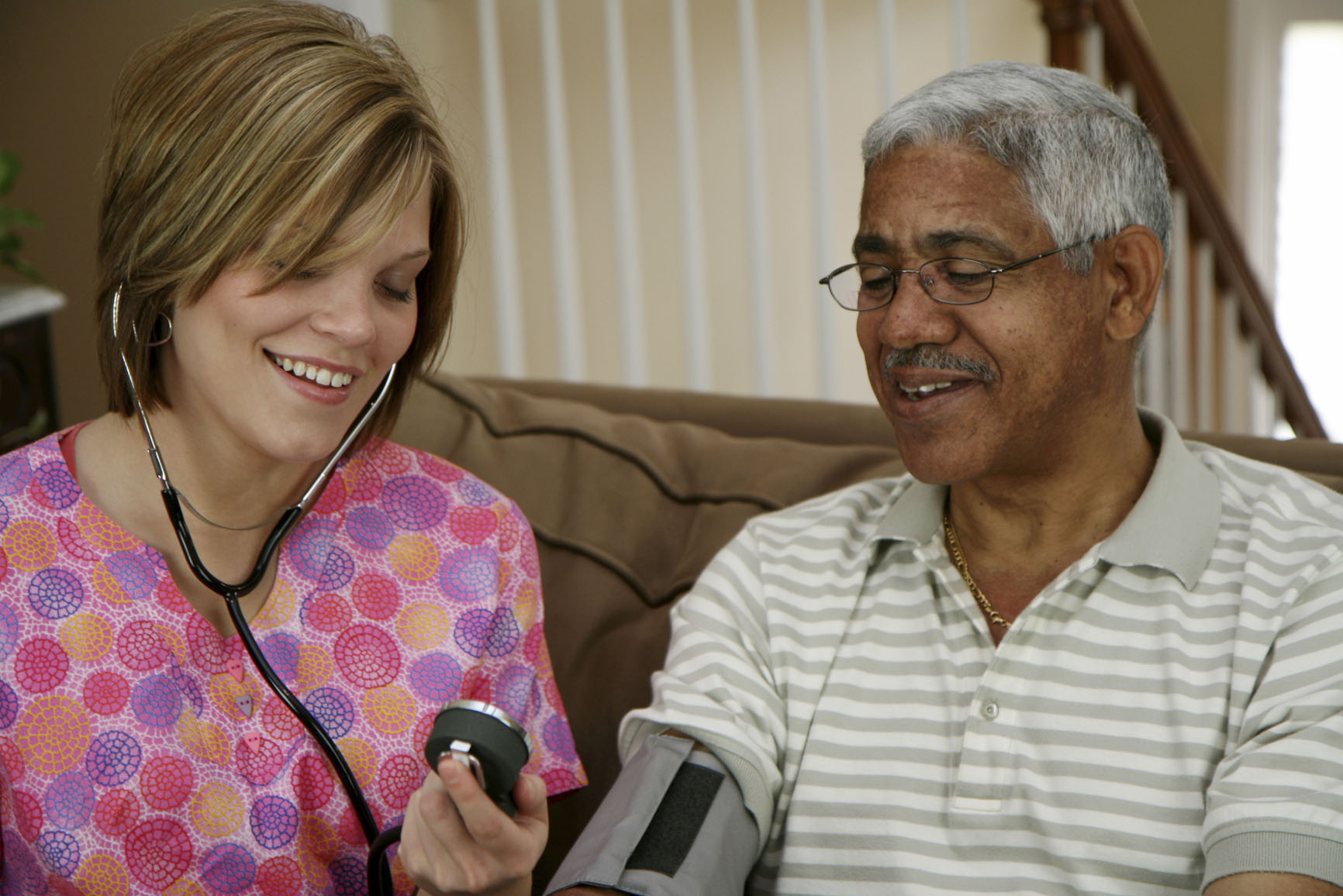Support after your kidney donation
Donating a kidney is a life-changing decision – one that takes courage, care, and commitment. While much of the focus is on the lead-up to surgery, the time after donation is also important. That’s why ongoing support is available to help you recover well, both physically and emotionally.
Your health and wellbeing matter. There are dedicated services, resources, and people ready to support you throughout the weeks, months, and years after you donate.
Overview of Post-Donation Support
You will be invited back for a check-up soon after your surgery and then once a year after that. These may be at your transplant unit at first, but then will likely be with your GP. Other than these annual checks, the same policies and procedures apply to you as they would apply to any other NHS patient – you will not receive any preferential treatment because of donating a kidney. However, in the extremely unlikely event that you yourself need a kidney transplant in the future, you will be offered additional priority on the waiting list within certain agreed criteria.
In short: follow-up care is an essential part of donation.
Living donors are offered regular check-ups, access to advice, and practical help to make sure everything is healing as it should. Ongoing support helps to protect your health long after the operation and ensures any concerns are picked up quickly.
Whether you’re just home from hospital or it’s been several years since your donation, support is available.
Physical Recovery and Health Monitoring After Donation
Everyone’s recovery is slightly different, but most people are able to return to normal daily life within 2-12 weeks.
In the first few days after surgery, it’s normal to feel sore or tired. You’ll be encouraged to rest, eat well, and get moving again. Over the following weeks, you’ll gradually build up your strength and confidence.
Follow-up appointments are a key part of recovery. These may include:
- Blood tests to check how your remaining kidney is working
- Scans or physical exams to monitor your overall health
- Appointments with your transplant or donor care team
These checks usually happen at set times after surgery, following that, you’ll have an annual health check to keep track of how you’re doing in the long term.
Emotional and Psychological Support for Donors
Physical healing is just one part of recovery – your emotional wellbeing is just as important.
After donating a kidney, some people feel happy and fulfilled. Others may feel low, tired, or even a bit uncertain. These feelings are completely normal. It’s common to feel vulnerable after any surgery, and the emotional side of donation can take time to process.
Donating a kidney can be an emotional process and you may need some additional support. Some transplant units in the UK have access to psychological support, otherwise you can speak to your GP or local mental health services. If you feel you require extra support following your donation, speak with your local team about services available in your area.
Whatever you’re feeling, it’s okay. Support is there when you need it, and asking for help is always encouraged.
THE UK LIVING KIDNEY DONATION BUDDY SUPPORT SERVICE
We know that support can be essential, even after the donation process itself.
The UK Living Kidney Donation Buddy Support Service allows users, including people who have already donated a kidney, to speak with someone else with lived experience of donating a kidney. This service offers a secure and safe place for open conversations with someone who understands that journey and can talk about your shared experiences.
Visit our webpage on Requesting a Buddy for more information.





